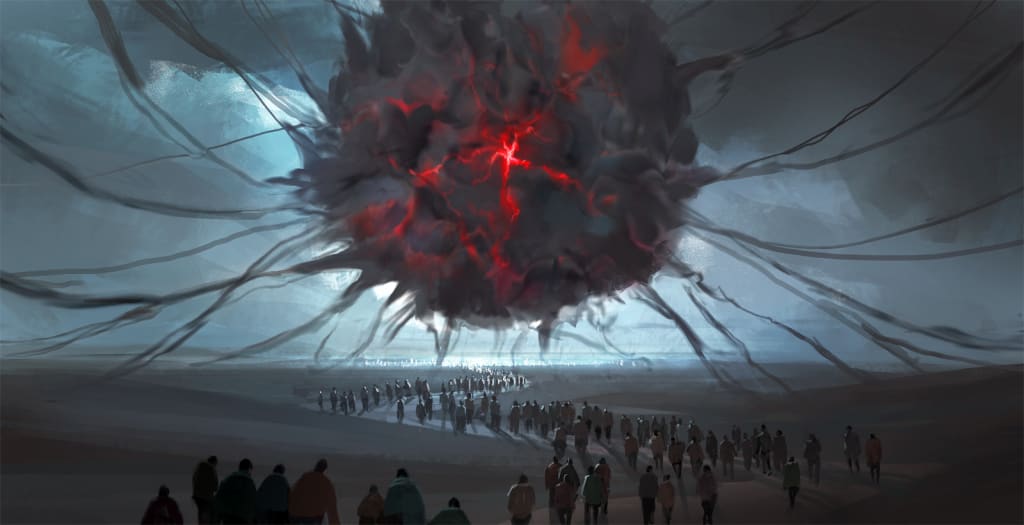
What if we dropped millions of tons of garbage into a volcano? What about disposing of phone cases in the deepest part of the ocean, the Mariana Trench? Or perhaps shooting all the world's plastic waste into space? These are just some of the audacious ideas we've received from the What If community. Today, we embark on a journey to simulate these scenarios like never before. Let's delve into the possibilities and consequences of these unconventional trash disposal methods.
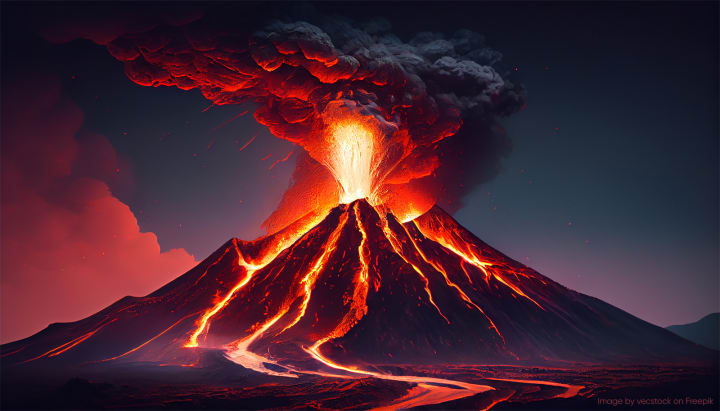
Trash vs. Volcano:
To understand what would happen if we were to throw garbage into a volcano, we start by observing the reaction of trash in a controlled environment. By subjecting trash to temperatures as high as 1,000 degrees Celsius, similar to molten lava, we gain insights into the potential outcomes. However, it becomes evident that throwing plastic or other materials into such extreme heat would release harmful fumes and pose serious health risks. Undeterred by this setback, we explore the idea further and employ our video effects team to simulate the disposal of an enormous amount of trash into an actual volcano. With the visuals of 680 kilograms of waste engulfed in lava, we witness a catastrophic explosion caused by the stark temperature difference between the lava and the garbage.
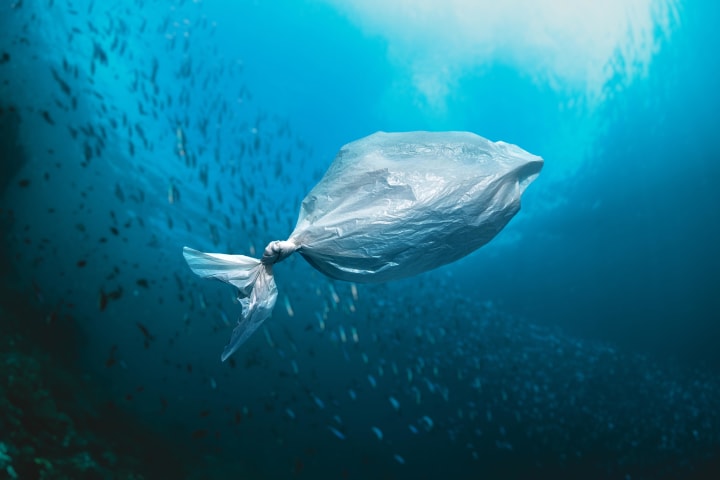
Plastic Waste and the Mariana Trench:
Another pressing concern is the accumulation of trash in the ocean, particularly plastic waste. With over 14 million tons of trash ending up in the ocean annually, including billions of discarded phone cases, we face the challenge of finding suitable disposal methods. One idea proposed by the community involves dumping trash into the Mariana Trench, the deepest part of the ocean. However, a descent into this abyss reveals that the immense pressure would compress the phone cases and leak harmful materials into the ocean. The environmental consequences, such as the death of marine life and increased microplastic pollution, demonstrate the inefficacy of this approach. We consider alternative solutions to tackle this escalating problem.
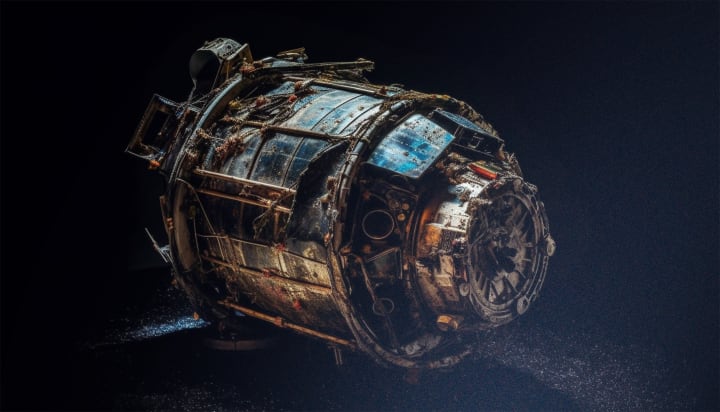
Garbage in Space:
As we explore various trash disposal methods, the idea of launching garbage into space emerges. Our attention turns to plastic waste, a significant contributor to the global trash predicament, with approximately 40 million tons discarded annually in the United States alone. To simulate the feasibility of sending plastic waste into the Sun, we calculate the sheer magnitude of the task. Surprisingly, it would require one million bags filled with plastic trash and over 640,000 rockets to transport them into space. Additionally, maneuvering the rockets to enter the Sun's orbit is an immense challenge due to the Earth's own orbital velocity. Ultimately, the complexity and practical limitations render this concept implausible and visually depict a catastrophic failure.
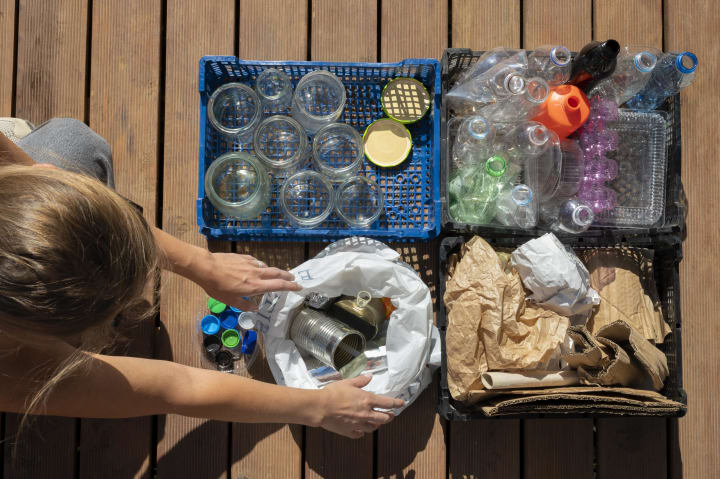
The Power of Recycling:
After exploring these outlandish ideas, it becomes clear that recycling is the most viable and sustainable solution to address the global trash problem. Recycling has already shown promising results in reducing pollution and preserving natural resources. In our quest for a practical and effective approach, we discover Case Defy, the world's largest phone case recycling program. By simply sending old phone cases to Case Defy, individuals can contribute to upcycling efforts, transforming discarded cases into new ones while preventing landfill accumulation. Recycling offers a tangible and achievable way for individuals to make a positive impact on the environment.
Conclusion:
In our pursuit of innovative trash disposal methods, we have explored unthinkable scenarios, from volcanoes to space. However, the simulated outcomes and practical challenges associated with these ideas have unveiled their impracticality and potential harm to the environment. Ultimately, the solution lies in embracing recycling as a means to reduce waste, minimize pollution, and conserve resources. By playing our part in recycling efforts, we can collectively contribute to mitigating the world's trash problem.
As we conclude this exploration of wild trash disposal ideas, we ponder what challenges to tackle next. The quest for sustainable waste management is an ongoing endeavor that requires constant innovation and collaboration. Perhaps it's time to delve into finding creative ways to reduce packaging waste or address the mounting electronic waste crisis. The possibilities are endless, and it is through open dialogue and shared ideas that we can continue to make strides in creating a cleaner, more sustainable future.
In conclusion, while the allure of unconventional trash disposal methods may captivate our imagination, the reality often unveils their impracticality and detrimental effects. Instead, recycling emerges as a practical and impactful solution. By supporting initiatives like Case Defy's phone case recycling program, we can make a tangible difference in reducing waste and protecting our environment. Let us each embrace the power of recycling and collectively contribute to building a cleaner, greener planet for future generations to enjoy.
So, let's recycle, reduce, and reuse — because sometimes, the simplest solutions are the most effective. Together, we can transform the world's trash problem into a success story of sustainability and responsible waste management.





Comments
Lena B is not accepting comments at the moment
Want to show your support? Send them a one-off tip.